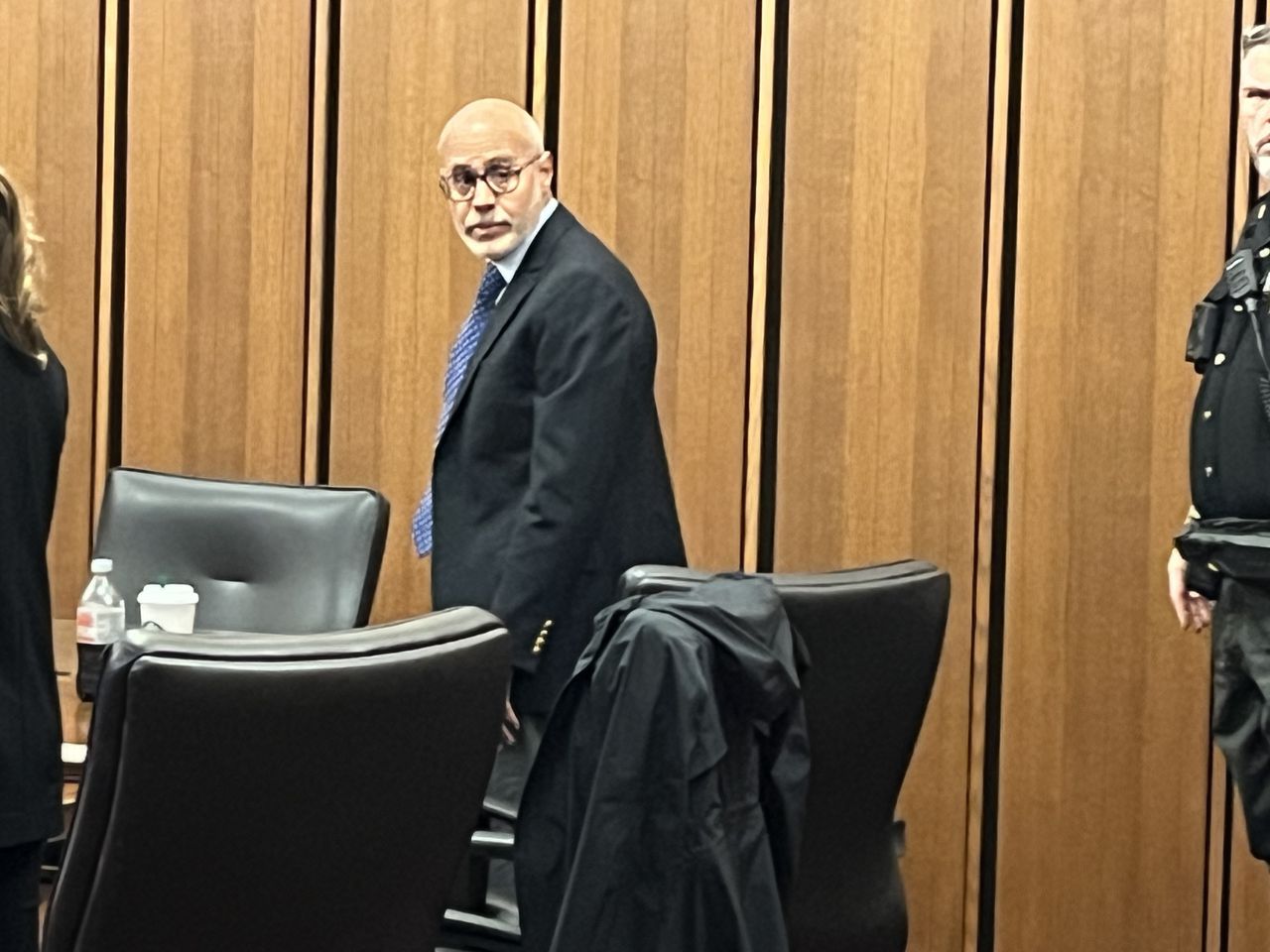
CLEVELAND, Ohio — An appeals court on Thursday ruled a judge unlawfully jailed a former doctor after his lawyers had asked to change his plea to not guilty by reason of insanity to charges accusing him of groping his patients.
A unanimous 8th Ohio District Court of Appeals panel held that Cuyahoga County Common Pleas Court Judge Shirley Strickland Saffold had no legal justification to order 67-year-old Omar Massoud jailed so the court’s psychiatric clinic could determine whether he is competent to stand trial.
“Such confinement is unlawful,” the opinion read. “This is the ill that the writ of habeas corpus was designed to alleviate and for which immediate action is required. If the trial court is correct that this is the only way in which such evaluations can be conducted in Cuyahoga County, then that practice must change.”
The judges ordered Massoud to be immediately released. Based on the ruling, he walked out of the county jail Thursday night.
Judge Emanuella Groves wrote the opinion. Judges Mary Eileen Kilbane and Sean Gallagher joined it.
Massoud’s attorneys, Ian Friedman and Madelyn Grant, said in a statement that they were pleased with the ruling and that Massoud’s release would allow him to continue to get medical treatment.
“As officers of the Court, we find it unfortunate that significant resources had to be expended by all parties and the public to address this situation,” the statement said. “We now look forward to once again focusing on the existing factual issues that have direct bearing on Dr. Massoud’s case.
Massoud is charged with 16 counts of gross sexual imposition and six counts of unlawful restraint that accuse him of fondling six women during liver examinations. Police alleged the incidents spanned from January 2022 to November 2022 on the Clinic’s main campus.
Friedman said during a Monday hearing that testing in recent days revealed that Massoud had symptoms associated with Alzheimer’s disease and dementia. The doctor had requested a competency evaluation.
Saffold granted the request, then ordered Massoud to jail “as a matter of convenience” for the clinic, and she told Friedman that there was no way to have the clinic examine him if he was not jailed.
Friedman repeatedly objected and accused Saffold of throwing Massoud in jail as a “punitive measure.” He asked for the ability to call the clinic and set up a time for Massoud to report. Saffold rebuffed Friedman and said it was not the clinic’s decision.
Grant called the director of the court’s clinic, who said judges routinely allow people to remain on bond while they schedule evaluations and that jailing them did not make it any more convenient, according to court filings. A court administrator also told Grant it was not the court’s policy to jail defendants awaiting such evaluations.
Saffold issued a journal entry Wednesday that said Massoud’s request to enter the plea “may raise security and safety issues.”
In a motion filed late Wednesday, Grant noted that Saffold never said during the hearing that she was worried about safety issues and that she denied a request from Friedman to be heard on Massoud’s bond.
In the opinion, the appeals court judges said that they must treat Saffold’s order jailing Massoud as a revocation of his bail, and Saffold made no findings with respect to Massoud’s bond.
The opinion noted that state law says judges can only order people to be held in jail for a mental health evaluation if they refuse to cooperate with the clinic. It said there was no evidence Massoud was given a chance to do so.
